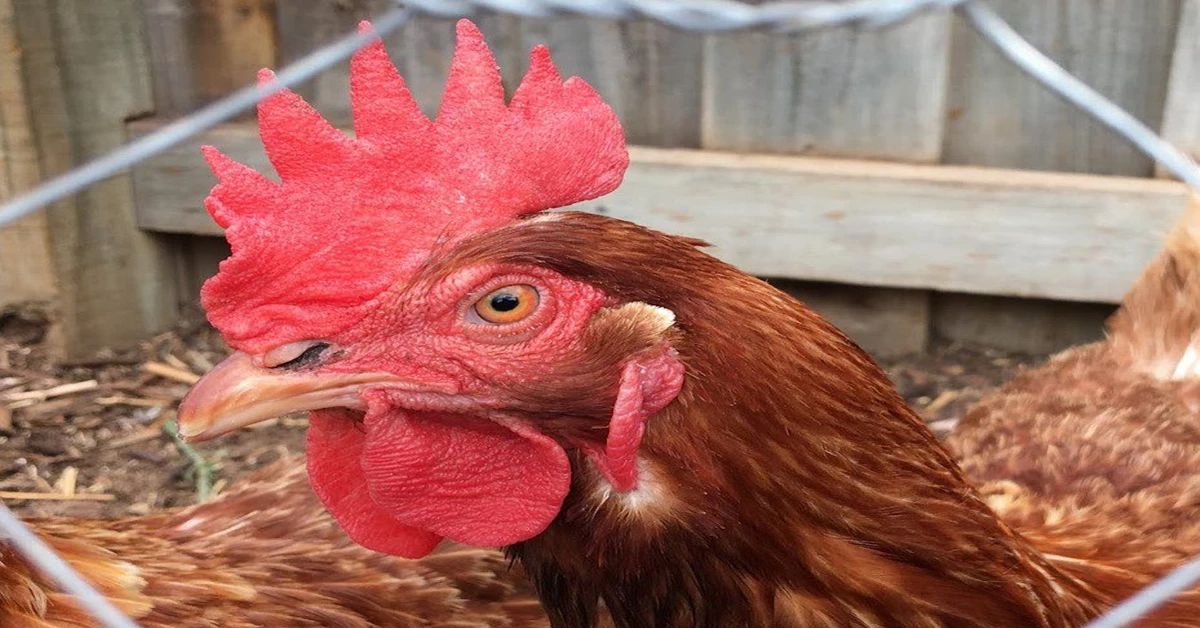When it comes to securing contracts through competitive tendering, the role of a tender consultant is pivotal.
A proficient tender consultant can transform your tender submissions, significantly enhancing your chances of winning bids. But what makes a tender consultant effective? Here are the top 10 qualities to look for when hiring or engaging a tender consultant:
1. In-Depth Industry Knowledge
A top-notch tender consultant must possess extensive knowledge of the industry in which they are operating.
This includes understanding the market dynamics, key players/competitors, regulatory requirements, and common challenges. With this knowledge, they can tailor your tender submissions to align perfectly with industry standards and expectations, thereby increasing your likelihood of success.
2. Exceptional Writing Skills
The ability to craft compelling, clear, and concise documents is essential for a tender consultant.
They need to articulate your value proposition effectively and ensure that every aspect of the tender is covered comprehensively. Exceptional writing skills help in making the tender document not only informative but also engaging, which is crucial in capturing the evaluator’s attention.
3. Strategic Thinking
A good tender consultant must be a strategic thinker. They should be able to see the bigger picture and understand how to position your bid in a way that stands out from the competition.
This involves identifying your unique selling points, understanding the client’s needs, and highlighting how your proposal meets those needs better than others. Strategic thinking ensures that your tender submission is not just a response to a request but is also a persuasive document that makes a compelling case for your business.
To learn more about how BidBuddy can assist you with expert tender consulting, visit our services page.
4. Attention to Detail
Tender documents often have strict requirements and guidelines that must be followed precisely.
A tender consultant with keen attention to detail can ensure that all instructions are adhered to, and no critical information is overlooked. This meticulousness can prevent disqualification on technical grounds and demonstrate your professionalism and reliability.
5. Strong Research Skills
Effective tender writing is underpinned by thorough research.
A competent tender consultant must have the ability to conduct detailed research to gather all necessary information. This includes understanding the client’s requirements, analyzing competitors’ bids, and staying updated with industry trends.
Strong research skills enable the consultant to provide well-informed, data-backed responses in the tender document.
6. Analytical Abilities
The ability to analyse and interpret complex information is another vital quality of a tender consultant.
They need to evaluate various aspects of the tender request, including the scoring criteria, to ensure that your submission maximises its potential score. Analytical abilities also help in identifying risks and opportunities within the tender process, allowing for a more strategic approach to bid submission.
7. Time Management Skills
Tendering is often a time-sensitive process, with strict deadlines that must be met. A tender consultant with excellent time management skills can ensure that your bid is completed and submitted on time, without compromising on quality. They can effectively prioritise tasks, manage multiple deadlines, and coordinate with different team members to ensure a smooth tendering process.
Discover how BidBuddy’s meticulous approach can enhance your tender submissions by exploring our methodology.
8. Effective Communication
Effective communication is crucial in the tendering process. A tender consultant must be able to communicate clearly with all stakeholders, including your internal team and the client.
This ensures that everyone is on the same page and that the tender submission accurately reflects your company’s capabilities and offerings. Good communication skills also facilitate the gathering of necessary information and the resolution of any issues that arise during the tendering process.
9. Persuasiveness
A tender consultant must be persuasive, as their primary job is to convince the evaluator that your company is the best choice for the contract.
This involves not only presenting facts and data but also crafting a narrative that highlights your strengths and addresses the client’s needs effectively.
Persuasiveness is key to making your tender stand out and resonate with the evaluators.
10. Commitment to Continuous Improvement
The best tender consultants are committed to continuous improvement.
They regularly review and analyse past tender submissions to identify areas for improvement and learn from both successes and failures. This commitment ensures that their tendering skills are always evolving, and they can apply the latest best practices and insights to your tender submissions.
Learn about BidBuddy’s commitment to excellence and continuous improvement by reading our case studies.
Choosing the right tender consultant can make a significant difference in your tendering success. By looking for these top 10 qualities, you can ensure that you have a consultant who not only understands the intricacies of tendering but also has the skills and attributes to maximise your chances of winning bids.
At BidBuddy, our team of experienced tender consultants possesses all these qualities and more. We are dedicated to helping you achieve your tendering goals and secure more contracts. Contact us today to find out how we can support your tendering efforts.
Ready to take your tender submissions to the next level? Get in touch with BidBuddy today and let our experts guide you to success.


